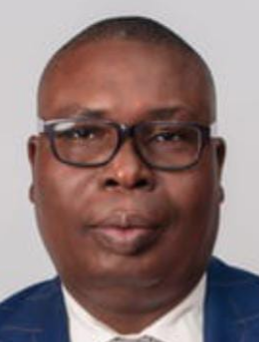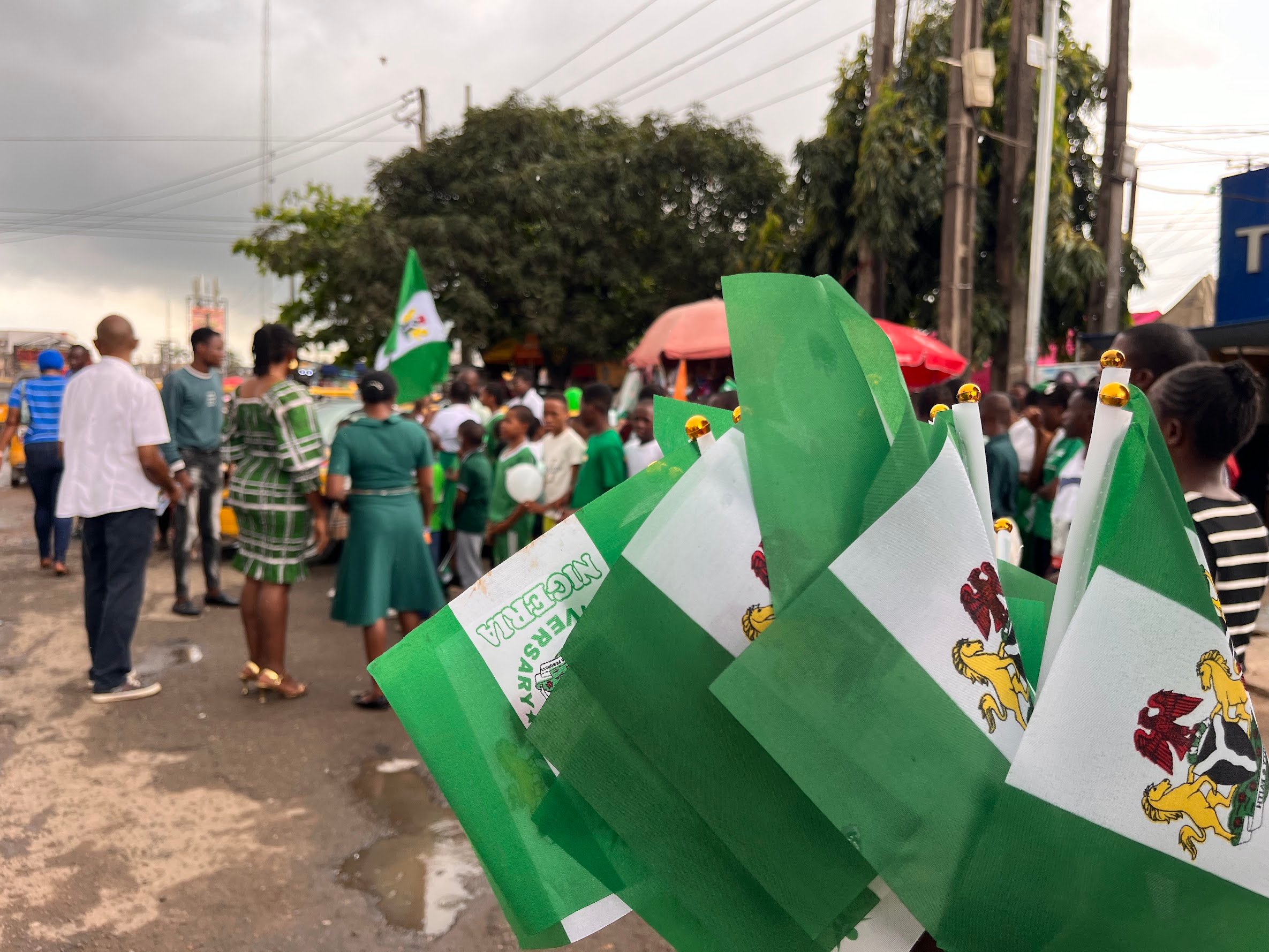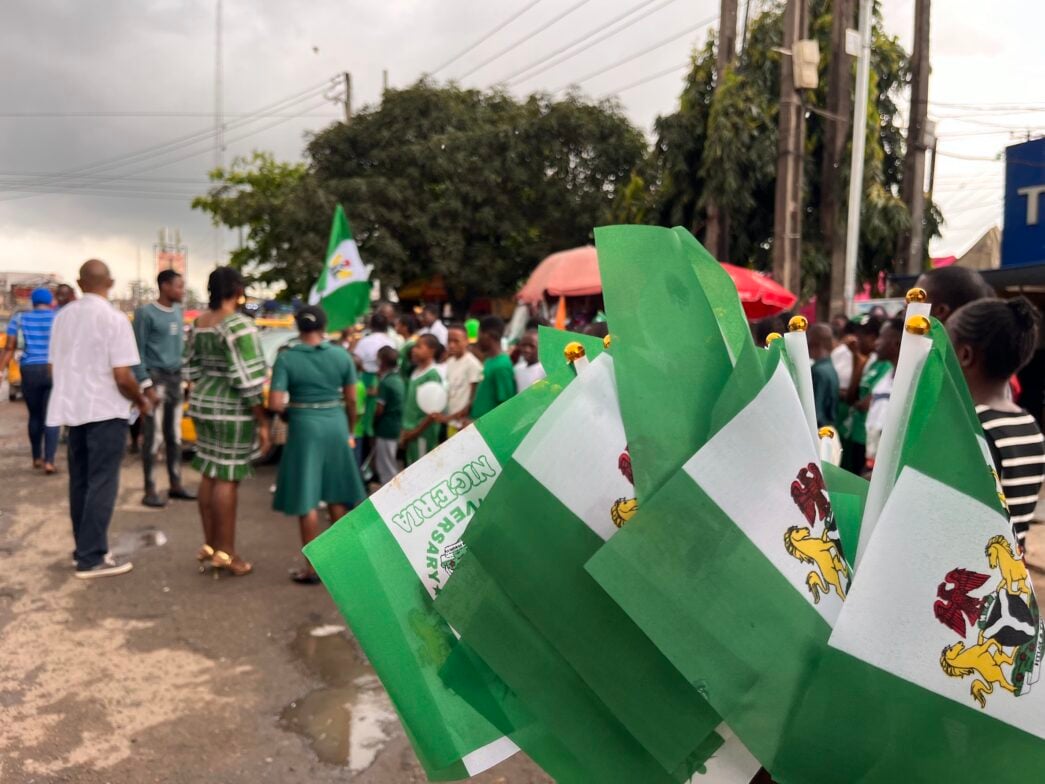Disgrace is both a noun and a verb. As a noun, it speaks of a state of shame, a condition in which honour, respect, and dignity have been lost.
As a verb, to disgrace means to cause someone or something to lose respect, honour, or reputation — to cast a shadow over what was once radiant.
The servant in my grandmother’s story entered disgrace through a single act of folly — by removing his royal robe in public and spreading it where smoke and dirt would cling to it. His robe was symbolic of his elevation; his carelessness was symbolic of his ignorance.
Likewise, Nigeria entered disgrace through the repeated folly of her leaders and citizens — a long parade of improper, dishonourable, and senseless actions that revealed a nation unmindful of its purpose. We took the robe of our dignity, woven with the threads of hope, unity, and divine favour, and hung it too close to the fires of corruption, greed, and moral decay. Like that servant, we now stand before the watching world — our garments stained, our grace diminished, our honour dissipated — waiting for the King’s knowing gaze that asks: “Did I not tell you?”
Advertisement
President Donald Trump’s description of Nigeria as “that disgraced country” may sound harsh, but it is more of a description than an insult. His words mirror what the world sees — not necessarily what we wish to believe about ourselves. It is therefore the duty of every patriotic Nigerian to help change the narrative.
To do so, we must begin with one honest question: Who or what destroyed Nigeria?
WHO OR WHAT DESTROYED NIGERIA?
Advertisement
The destruction of Nigeria did not begin today. Its roots go back over a century — to the very foundation laid by the colonial masters. Nigeria was never designed to be a nation built to last; it was structured as a business enterprise to be exploited. The architects of that colonial project were not motivated by vision or virtue, but by profit. Their governance model reflected that motive, and the fault lines they created have widened with time into deep fissures that now threaten our survival.
In their quest for ease of control and economic advantage, the colonialists amalgamated the Northern and Southern protectorates without thought for the cultural, religious, or historical implications. They placed diverse ethnic nationalities under artificial administrative umbrellas, forcing unity without understanding.
Nowhere was this more destructive than in Northern Nigeria, where the British, by administrative fiat, subdued independent chiefdoms and handed them over to the Emirate system. Peoples who had resisted conquest through jihad were suddenly placed under those who once sought to subdue them. It was an act of convenience — politically expedient but historically reckless.
That careless arrangement sowed the seeds of religious, social, and cultural tension that have never been fully resolved. It created a North that often behaves like a sleeping volcano, capable of erupting with deadly force at the slightest provocation. From the 1960s to the present day, the recurrent ethno-religious crises that dominate headlines about Nigeria are echoes of that colonial mishap.
Advertisement
In truth, the lack of fairness and equity introduced by the colonialists became the cornerstone of Nigeria’s destruction.
LACK OF KNOWLEDGE OF PURPOSE
If the colonialists laid the foundation of Nigeria’s ruin, many of her post-independence leaders have diligently built upon it — brick by brick — through ignorance, selfishness, and a tragic lack of purpose.
Leadership is a sacred trust. Politicians are elected to guide their people — whether at local, state, or national level — towards peace, prosperity, and justice. They are called to serve, not to rule; to build, not to divide. But when leaders lose sight of purpose, they become destroyers rather than builders.
Advertisement
This tragic confusion of purpose found a defining moment between 1999 to 2006, when twelve Northern governors introduced Sharia law in their states ignoring the feelings of people of other religion. By exalting religion above the Constitution, they fractured the fragile unity of the nation. Governance, peace, and development were sacrificed on the altar of religious politics.
Those twelve governors missed the essence of leadership. They were not elected to enthrone religion but to improve the welfare of their people. Nearly two decades later, the evidence of their failure is undeniable — the citizens of those states are poorer, less secure, and more divided than ever before.
Advertisement
The adoption of Sharia emboldened radical Islamists, assuring them that political power was on their side. From that moment, extremism found its voice, and terror found its justification. Since then, countless innocent lives — both Christian and Muslim — have been lost to the fires of fanaticism that those policies helped ignite.
Yet, the 1999 Constitution of the Federal Republic of Nigeria is unambiguous. Section 10, Chapter 1, Part 2, explicitly prohibits the federal or state governments from adopting any religion as a state religion. Nigeria, by law, is a secular state.
Advertisement
To willfully violate that sacred provision is to invite lawlessness and anarchy. And those who do so — whether in political office, religious circles, or the corridors of power — are the true architects of Nigeria’s destruction.
CORRUPTION
Advertisement
Corruption remains one of the most potent forces behind Nigeria’s slow and systematic destruction. It is a silent plague that infects every organ of national life and bleeds the country of vitality.
Corruption in government robs a nation of development. The absence of development starves the people of opportunities. A society with few opportunities soon descends into a jungle where the survival of the fittest becomes the order of the day. In that jungle, self-preservation replaces service, and selfishness takes the throne.
Selfishness feeds corruption. Corruption, once aggravated, erodes values, poisons ethics, and disfigures character. From this moral decay emerges a culture where “every man for himself and God for us all” becomes a national creed.
When corruption matures, everything — and everyone — becomes a commodity to be bought and sold. It desecrates sacred institutions and pollutes the pillars of justice and security. Its blow lands hardest when it strikes the military, law enforcement, and the judiciary — the very guardians of national integrity.
This is the pit into which Nigeria has fallen. That is why our once formidable Armed Forces struggle to subdue ragtag terrorists who slaughter both Christians and Muslims with impunity. That is why honest, capable men and women — however gifted — cannot win elections without money. That is why justice has become a privilege for the highest bidder.
Corruption has eaten so deeply into our national fabric that Nigeria is now being destroyed from within, not by external enemies but by the termites feeding on her soul.
PAUCITY OF PATRIOTISM
Alongside corruption stands another great destroyer — the paucity of patriotism.
The tribe of truly patriotic Nigerians is shrinking by the day. The love of self, religion, and tribe has overshadowed the love of nation. This deficiency of patriotism is the fuel that sustains corruption, indiscipline, and moral decay.
The cleric who preaches hate and incites violence does so because his loyalty lies with religion, not with Nigeria.
The soldier or intelligence officer who leaks state secrets to terrorists has betrayed his oath because he has no love for the country he swore to defend.
The politician, public servant, or contractor who steals funds meant for schools, hospitals, or roads does so because patriotism does not dwell in his heart. Ministers, Governors, Generals and top security officers who mismanage funds for security management do so because they lack the spirit of patriotism.
Even the ordinary citizen who breaks the law to gain an unfair advantage over others does so because he has placed self above nation.
Every act of unpatriotism — whether seen or hidden — drives another nail into Nigeria’s coffin. It darkens the stain on our collective robe and strengthens the world’s perception of us as “that disgraced country.”
THE ROAD TO REDEMPTION
This disgrace needs not become our destiny. The same nation that has been stained can be cleansed. The same people who have fallen can rise again — if only we will return to honour, purpose, and patriotism.
When leaders learn to serve rather than rule, when citizens learn to build rather than exploit, when justice ceases to be for sale and truth becomes the standard of governance — then the robe of our nation will shine again.
If we can uproot corruption and restore the spirit of patriotism, Donald Trump’s insult may one day become our Ebudola — the insult that turned into a blessing.
But if we continue to walk the path of greed, division, and self-worship, we will confirm the very verdict we resent.
Nigeria’s disgrace is not irreversible. But redemption will only come when Nigerians — leaders and followers alike — refuse to live as slaves of corruption and begin to walk as sons and daughters of honour.
Only then shall the world say again, not in pity but in admiration:
“Behold — that restored country.”
Osho is a communication specialist, management consultant, passionate advocate for development, pastor and SDP Candidate for the FCT Senatorial seat in 2023 elections.
Views expressed by contributors are strictly personal and not of TheCable.



